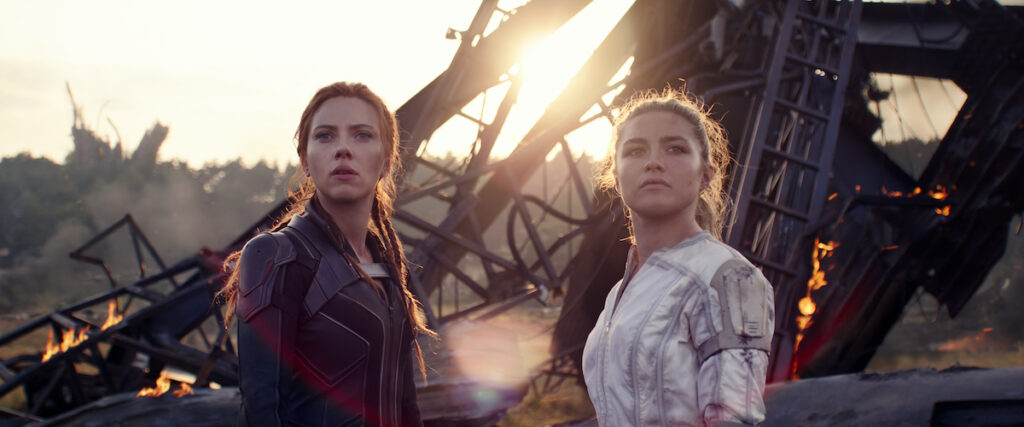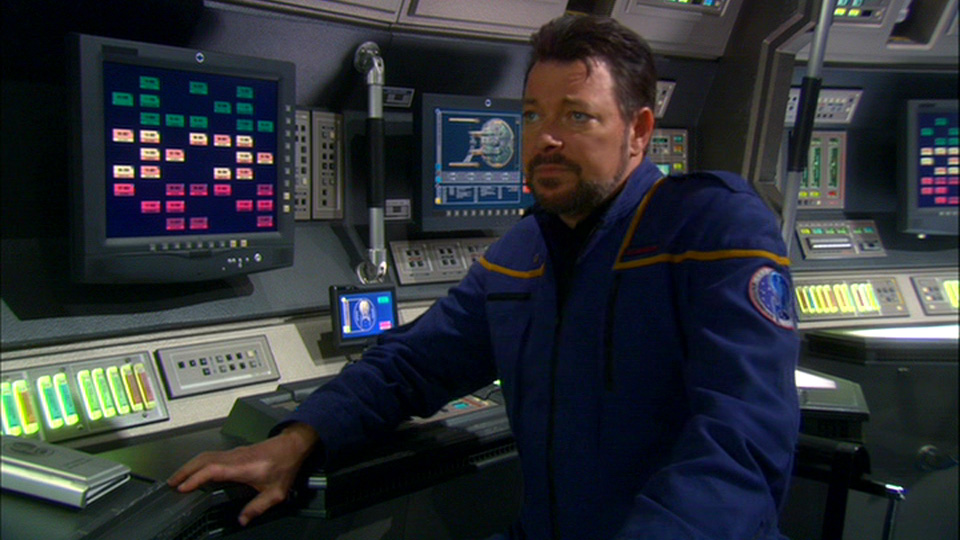Black Widow is a bland action film without any sense of purpose
Written by Ian Thomas Malone, Posted in Blog, Movie Reviews, Pop Culture
Comic books don’t necessarily need to be concerned with timelines and continuity. Just this past year, Marvel Comics have released new material set in 2006’s Civil War storyline and a whole line of X-Men comics set during their famous 80s run. The idea of a Black Widow film being released after the death of Scarlett Johansson’s Natasha Romanoff in Avengers: Endgame feels a bit cheap, along the lines of Ant-Man and the Wasp being set in the same pre-Infinity War era, but it’s hardly unprecedented.
The big difference between film and comic books here is that fans have plenty of options for content. Fans who love the X-Men have more than ten monthly books to cater to their every inclination. Nostalgia isn’t the only thing that’s being served. That’s not completely true for the MCU, where Black Widow serves as the first theatrical release in more than two years. Marvel film fans who want new content don’t have a ton of alternatives.
The problem with Black Widow is that the whole ordeal feels like an obligatory afterthought, simply going through the motions with only a perfunctory sense of charm. The film sees Natasha joined by a group of “family” members including Yelena Belova (Florence Pugh), Alexei “Red Guardian” Shostakov (David Harbour), and Melina Vostokoff (Rachel Weisz), as they take on the Red Room, where black widows are trained. Standing in their way is Dreykov (Ray Winstone), the Red Room’s answer to Nick Fury, and the Taskmaster (Olga Kurylenko), an assassin with the ability to mimic elite fighting styles at will.
The core group of Johansson, Pugh, Harbour, and Weisz all have pretty solid chemistry. Harbour in particular works well as comedic relief, essentially the Russian equivalent of Captain America with a dad bod. The found family dynamic is constantly undone by the actors’ complete inability to maintain Russian accents, which far too often completely fall off by midsentence. It’s distracting and more than a bit unprofessional.
The action sequences are perfectly fine. Director Cate Shortland has crafted a competent film that knows which notes to play, but too often the narrative lacks the necessary dramatic stakes to carry it through a bloated 134-minute runtime. As a feature, it’s a bit of a slog to sit through, something that might have been better as a Disney+ series that had more time to flesh out the supporting cast.
Johansson looks quite comfortable, unsurprising given her decade-long tenure in the title role. What’s missing from her performance though is a sense of drive that made her character so much fun in films like Captain America: The Winter Soldier. Some of that makes sense, given the fact that the audience knows what’s going to happen to Natasha, but this dynamic takes a lot of air out of the experience.
The MCU has been designed for years to be an à la carte experience, ensuring that casual fans don’t have to watch dozens of films to keep up with its main installments. While there are some skippable entries into the MCU, Black Widow feels like the very first that was designed to be inessential. With the Avengers being in a state of flux post-Endgame, fans might be a little anxious to see what comes next. While some of these characters will undoubtedly pop up down the road, Black Widow finds itself stuck in the past with an audience that’s understandably hungry for the future.













